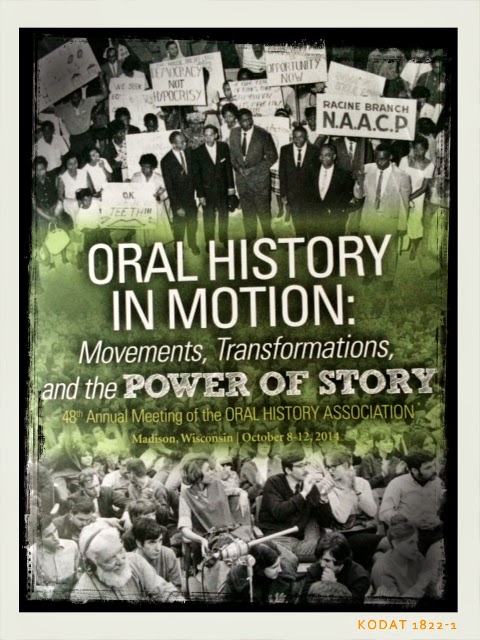Very excited to share the catalogue info for Derry City ! (Note: If you want to buy the book, check here regularly, because I post discount promo codes from the press as they become available. The paperback won't be out for awhile, and the hardcover is pricey. ( Enter promo code 14AWP22 in the shopping cart to redeem 40% off your purchase and free shipping in the domestic U.S. until April 8, 2022.) The book traces the social and cultural history of Catholic and nationalist Derry from the end of the 19th century to the 1960s through the lens of memory and thus explores how engagements with memory might help us better understand history. Mapping memory work and historical consciousness, I argue through this book, illuminates a deep reservoir of a community’s experience and makes visible battles that were waged quietly, out of the limelight over long periods of time. When they were producing formal historical accounts, local chronicles, telling ghost ...






